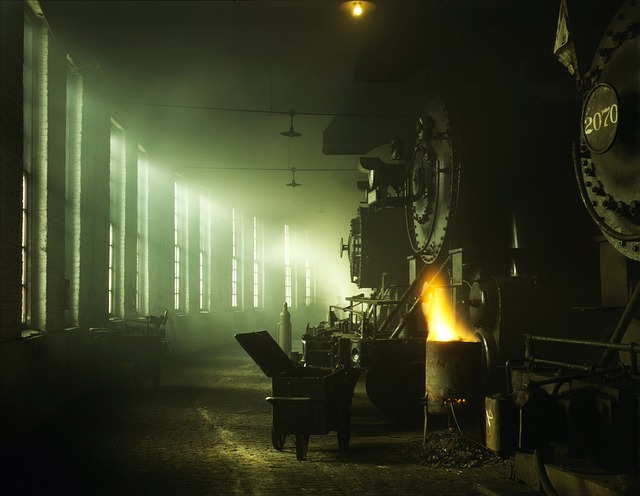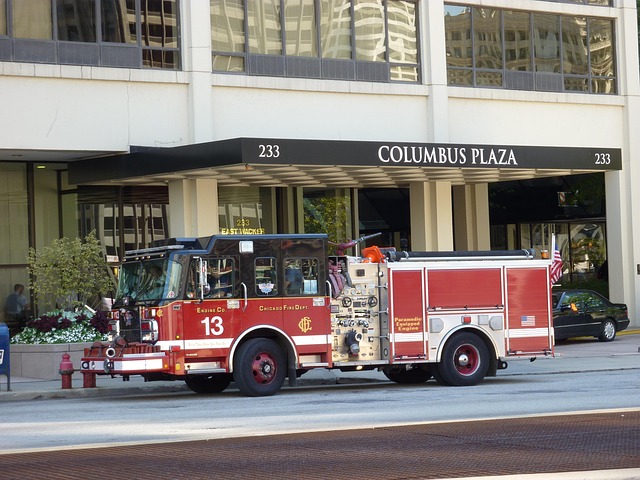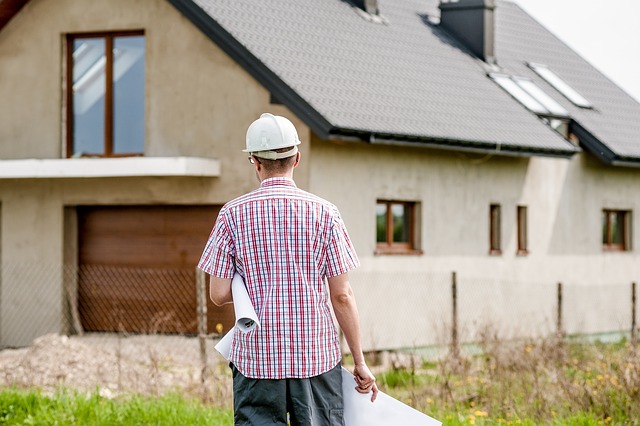Selling a fire-damaged property in Chicago requires a strategic approach due to market dynamics and legal considerations. Understanding Illinois disclosure laws, insurance implications, and buyer preferences is key. Start with a professional assessment, set a realistic asking price, and ensure thorough pre-sale preparation for successful transactions. The Chicago real estate market's diversity offers advantages for investors, combining high demand, steady growth, and significant discounts on fire-damaged properties. Recent trends show that comprehensive renovations and marketing unique characteristics can lead to substantial sales, driving economic growth and community revitalization.
“Illinois, particularly Chicago, has seen an increase in distressed property sales, with fire-damaged homes playing a significant role. This article delves into the unique challenges and opportunities presented by these sales. We explore the impact of fire damage on home values across Chicago, dissecting the legal intricacies of selling a fire-affected property.
Through a step-by-step guide, we navigate the process, offering practical insights for sellers. Additionally, we analyze market trends, highlighting the potential gains in Chicago’s real estate scene. Case studies showcase successful sales of distressed fire homes, providing valuable lessons for both investors and homeowners.”
- Understanding Distressed Property Sales in Illinois
- The Impact of Fire Damage on Home Values in Chicago
- Legal Considerations for Selling a Fire-Damaged Home
- Navigating the Process: Steps to Sell a Damaged Property
- Market Trends and Opportunities in Chicago Real Estate
- Case Studies: Successful Sales of Distressed Fire Homes
Understanding Distressed Property Sales in Illinois
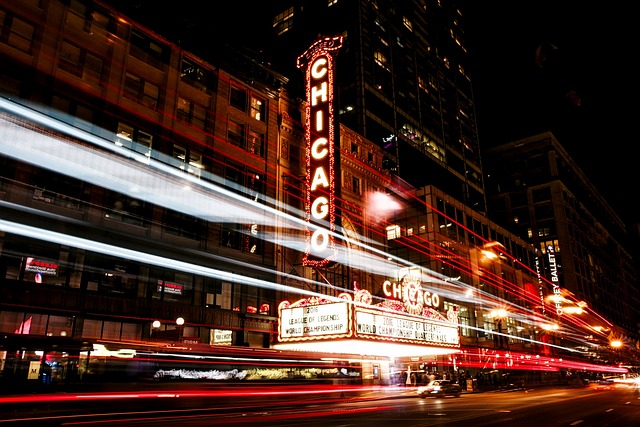
The Impact of Fire Damage on Home Values in Chicago
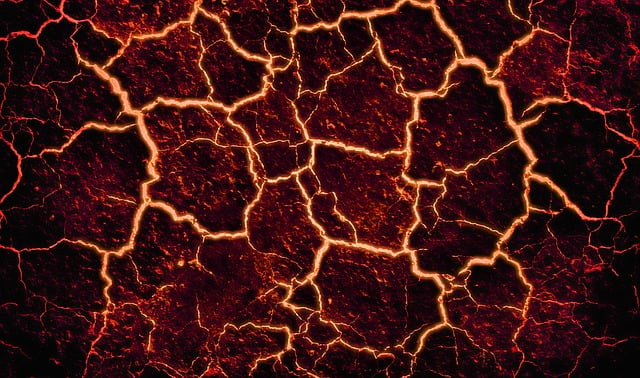
Fire damage can significantly impact the value of a property, especially in densely populated areas like Chicago. When a home undergoes fire damage, it often leads to decreased property values due to the visible signs of wear and tear and potential structural issues that may have arisen from the incident. In Chicago, where real estate is highly competitive, selling a fire-damaged home can be challenging. Prospective buyers typically prefer move-in ready properties, and fire damage can raise concerns about hidden problems or the cost of repairs.
The extent of the impact varies based on the severity of the fire and the subsequent cleanup and restoration efforts. While some minor damages might be repaired relatively easily, extensive fires can leave behind permanent marks that may deter buyers. In such cases, sellers might need to invest in comprehensive renovation and rebuilding to restore the home’s market value. However, it’s crucial to consult with real estate professionals and insurance providers to understand the potential gains and costs associated with selling a fire-damaged property in Chicago.
Legal Considerations for Selling a Fire-Damaged Home
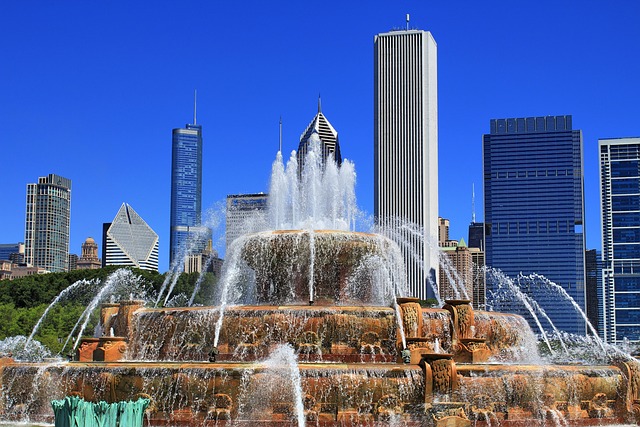
Selling a fire-damaged home in Chicago involves navigating complex legal considerations. Illinois law requires disclosure of any known damage, including fire damage, to potential buyers. Sellers must provide detailed information about the extent and nature of the damage, which can be challenging if memories are hazy or records have been destroyed. This transparency is crucial for avoiding future legal disputes with purchasers.
Additionally, sellers need to understand the insurance implications. Insurance policies typically cover the cost of repairs up to a certain limit, and it’s essential to review these terms carefully. In some cases, owners might choose to sell as-is, waiving their right to repair or replace damaged areas, but this also requires clear communication with potential buyers to ensure they are fully aware of the property’s condition.
Navigating the Process: Steps to Sell a Damaged Property

Navigating the process of selling a fire-damaged home in Chicago can seem daunting, but with careful planning and the right steps, it is achievable. The first step is to assess the damage done by the fire and determine if the property is salvageable or if it needs to be demolished. It’s crucial to consult with professionals like structural engineers for an accurate assessment. Once the decision to sell is confirmed, engage a real estate agent experienced in handling distressed properties, specifically fire-damaged homes in Chicago. This expert can provide valuable insights into the market and help set an appropriate asking price that accounts for the necessary repairs or demolition costs.
The next step involves preparing the property for sale. This may include securing permits for any required renovations or demolitions, and ensuring the site is safe for potential buyers to view. It’s important to disclose all relevant information about the fire damage to prospective buyers, including any known issues with the structure or potential hidden damages discovered during renovation. Offering transparency can help build trust with interested parties and potentially speed up the sales process.
Market Trends and Opportunities in Chicago Real Estate
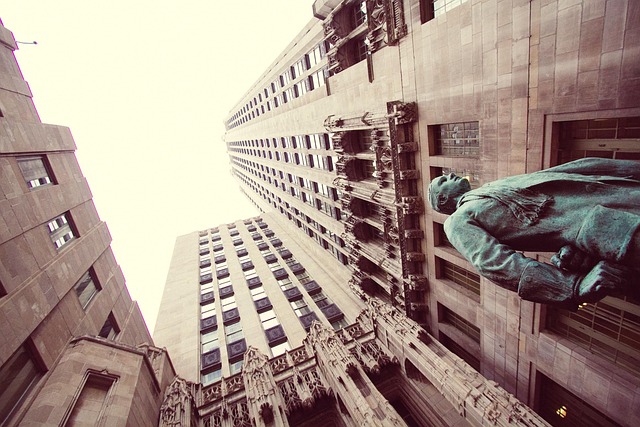
The Chicago real estate market, known for its vibrancy and diversity, presents unique opportunities in the realm of distressed property sales. With a mix of historic neighborhoods and modern developments, the city attracts buyers seeking both investment potential and distinctive homes. Selling a fire-damaged home in Chicago can be a game-changer, as these properties often offer significant discounts, providing an entry point for savvy investors looking to capitalize on market trends.
Chicago’s real estate landscape is dynamic, with a steady demand for housing pushing prices up across many areas. This creates a contrasting environment for distressed sales, where fire-damaged or otherwise neglected properties can be snapped up at reduced rates. Investors and first-time buyers alike recognize the value in these opportunities, especially when considering the city’s robust economic outlook and ongoing urban renewal projects. Thus, selling fire-damaged homes in Chicago presents not just a chance to acquire property but also an investment strategy tailored to the market’s fluctuations.
Case Studies: Successful Sales of Distressed Fire Homes

In recent years, there has been a surge in successful sales of distressed fire-damaged homes in Chicago, providing valuable insights for real estate professionals and property investors. These case studies highlight effective strategies that have led to profitable transactions while also rehabilitating and revitalizing affected neighborhoods. One notable example involves a historic home in the heart of Chicago’s downtown, which suffered extensive damage from a fire. The key to its eventual sale lay in comprehensive restoration efforts, where skilled contractors meticulously repaired the structural damage and restored the property’s architectural integrity.
By focusing on high-quality renovations and marketing the unique character of the ‘after’ transformation, the property attracted a diverse range of buyers. This strategy not only resulted in a significant sales figure but also contributed to the area’s gentrification, with similar distressed properties following suit. The success of these fire-damaged home sales demonstrates the potential for both economic growth and community revitalization through strategic intervention and rehabilitation.
Distressed property sales, particularly those involving fire-damaged homes in Chicago, present unique challenges and opportunities. As evidenced by our detailed exploration of legal considerations, market trends, and successful case studies, a strategic approach can lead to profitable outcomes for both sellers and buyers. Understanding the specific impact of fire damage on home values and navigating the process effectively are key to successful selling. For those looking to invest in Chicago real estate, exploring distressed sales offers an opportunity to acquire properties at competitive prices, contributing to the vibrant and ever-evolving landscape of the city’s housing market.
